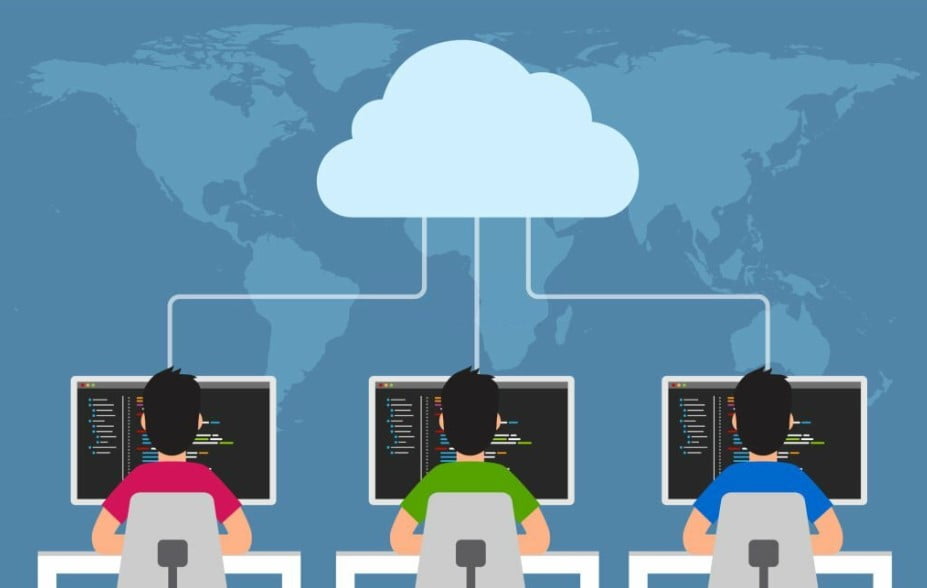


We provide cloud communication solutions including hosted telephony, voice solutions, helpdesk, omnichannel systems, and contact centres. Our technology and experienced professionals optimise your operations and deliver superior customer experiences. Join us to revolutionise your cloud communication journey.